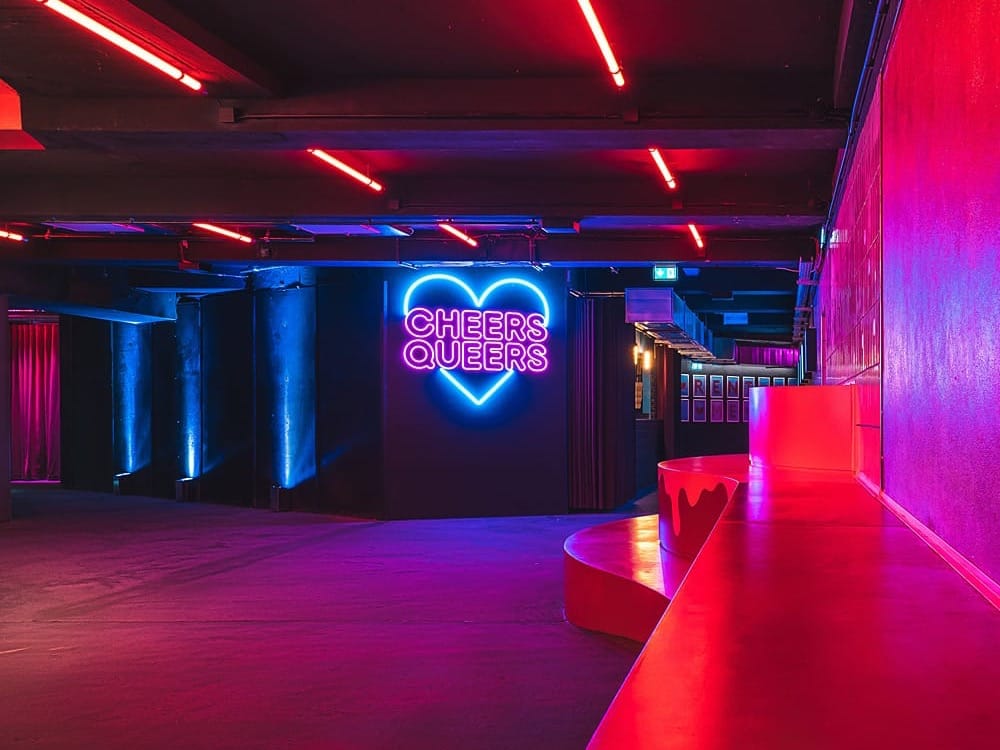Germany’s oldest gay club Schwuz declares bankruptcy after nearly 50 years

Schwuz, Germany’s oldest and most iconic gay nightclub, has filed for insolvency, marking a sombre moment for the country’s LGBTQ+ community. Founded in 1977 as SchwulenZentrum (Gay Centre), Schwuz has long been a cultural cornerstone in Berlin, known not only for its vibrant nightlife but also for its role in shaping queer activism and art.
Despite its historic significance and loyal following, the club has struggled financially for over a year. Management confirmed via Instagram on 1 August that Schwuz will continue operating until at least October 2025, while an external advisor works on a recovery plan.
The club has faced mounting monthly deficits of €30,000 to €60,000 since early 2024. In May 2025, Schwuz laid off 33 employees - nearly a third of its staff - in a bid to stay afloat.

Managing Director Katja Jäger, who took the helm in January, described the financial situation as “more serious” than anticipated. She noted that while measures had been taken to address the 2024 deficit, they proved insufficient amid declining attendance and rising costs.
The club has also been embroiled in controversy, facing boycotts from pro-Palestinian activists within Berlin’s queer community. Critics accused Schwuz of failing to support political expression during events in late 2023, leading to tensions over its stance on social justice and solidarity.
Schwuz’s legacy includes helping launch Berlin’s Christopher Street Day Parade and the queer magazine Siegessäule. In 2013, the club relocated from Kreuzberg to Neukölln, expanding its capacity to over 1,000 guests.
“This is not about giving up, but about starting over,” the club’s management stated, expressing hope that Schwuz can reinvent itself and continue serving as a vital space for queer identity, art, and resistance.
Support independent LGBTQ+ journalism
Scene was founded in Brighton in 1993, at a time when news stories about Pride protests were considered radical. Since then, Scene has remained proudly independent, building a platform for queer voices. Every subscription helps us to report on the stories that matter to LGBTQ+ people across the UK and beyond.
Your support funds our journalists and contributes to Pride Community Foundation’s grant-making and policy work.
Subscribe today




Comments ()